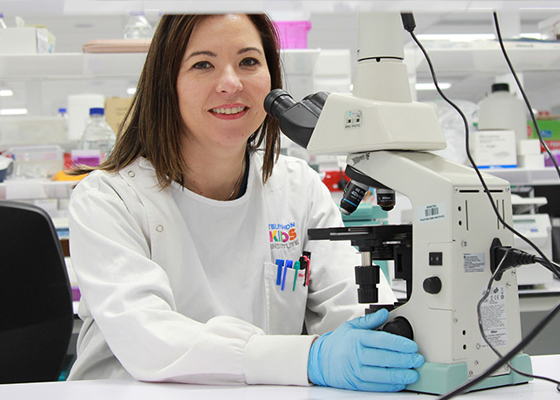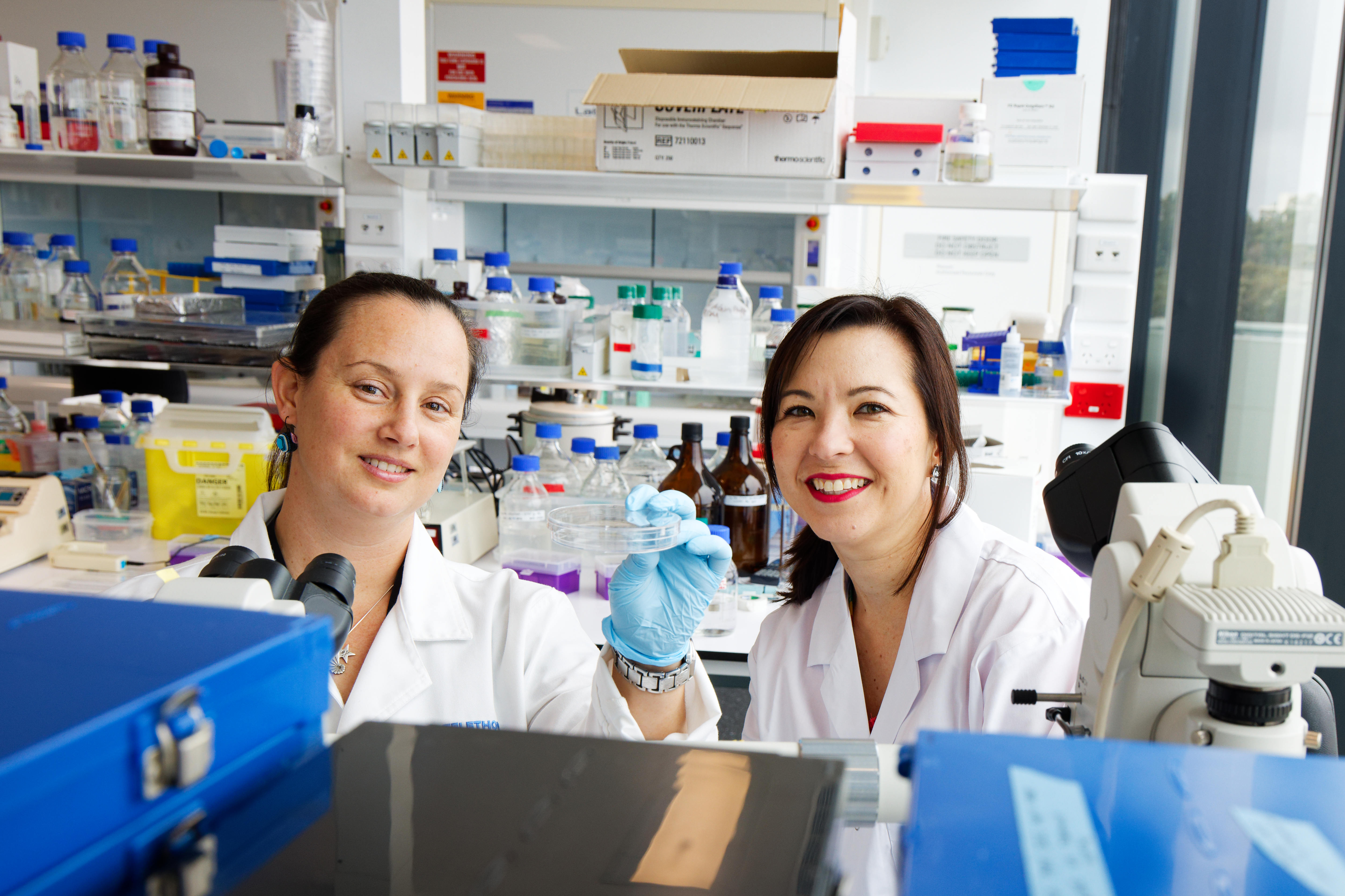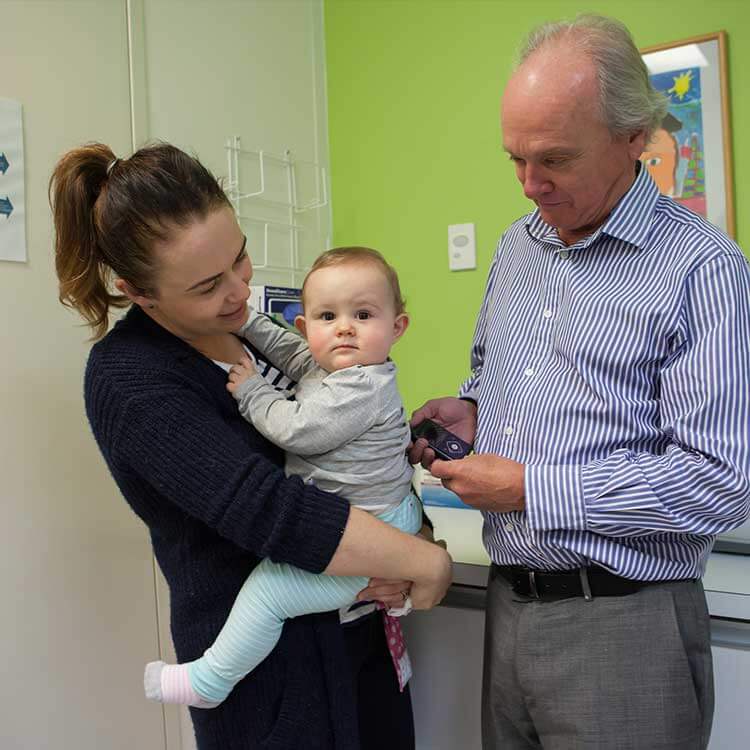Search

At The Kids Research Institute Australia, we pride ourselves on conducting research to the highest standards possible. See our Research Governance process in more detail.
We believe the way we reward research excellence is better than anywhere in the nation. Find out about the ways The Kids Research Institute Australia rewards our researchers.

We identify, develop and commercialise the technologies and innovations developed by our scientists and clinicians.

Research Theme
Chronic DiseasesDedicated to preventing and managing chronic conditions in children, such as respiratory disease, diabetes, and cancer. This theme focuses on research to reduce the long-term impact of these conditions on quality of life and healthcare systems.

The Advancing Innovation in Respiratory (AIR) Health Team is a multi-disciplinary group with skills in clinical medicine, physiology, psychology, and in cellular and molecular biology, that are committed to improving the lives of children with respiratory diseases and their families.

The AREST CF project focuses on the assessment, treatment and prevention of CF lung disease in children under the age of seven.
Research
Cystic Fibrosis Early Surveillance ProgramResearchers are able to track the progress of lung disease through a comprehensive longitudinal set of biological samples, images and data archives.

Our team aims to optimise lung health early in life to ensure the best possible health outcomes later in life.

The Children's Diabetes Centre's research into Type 1 diabetes, childhood onset Type 2 diabetes and obesity aims to improve the lives of children and adolescents affected by these conditions.
Research
Exercising Safely with Type 1 Diabetes – Development of Clinical GuidelinesOur research focuses on what are the best ways for patients with Type 1 Diabetes to exercise safely. We aim to develop clinical guidelines that provide improved advice for patients and educate patients on how to prevent hypos during and after exercise.
